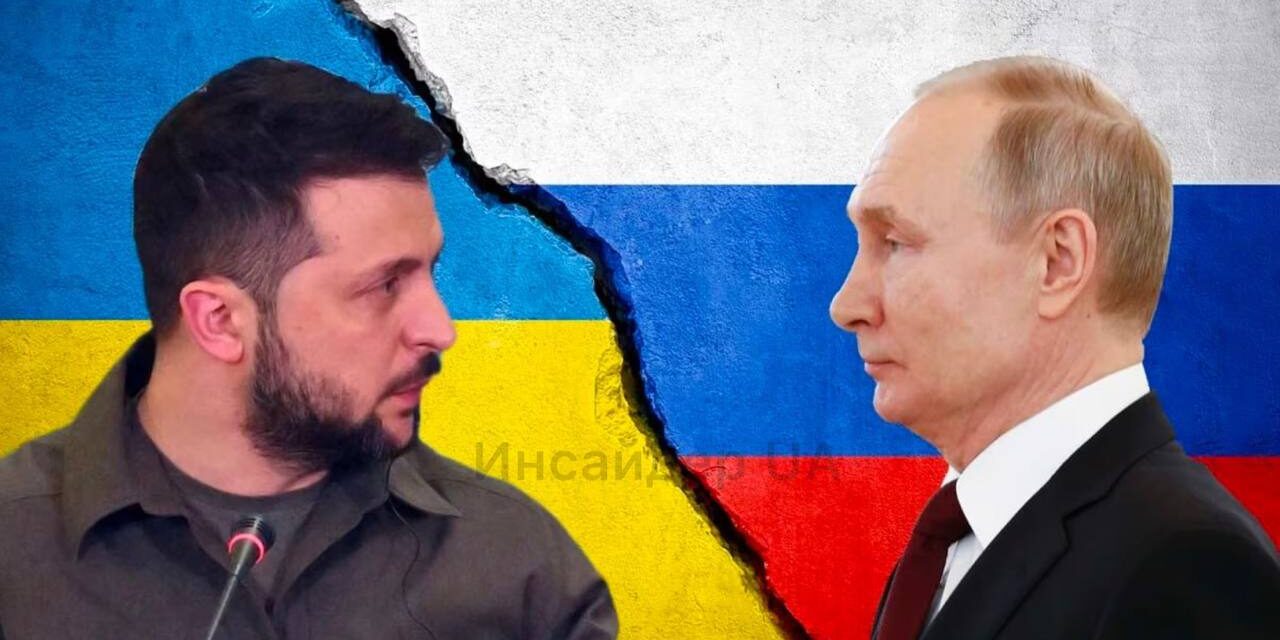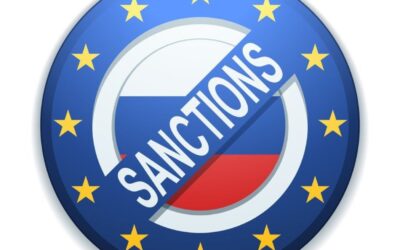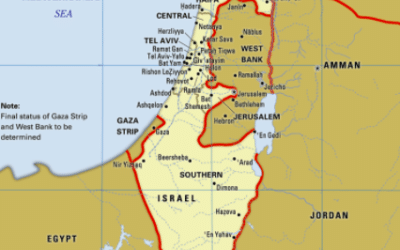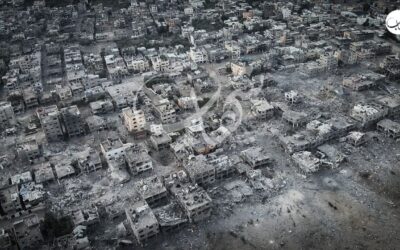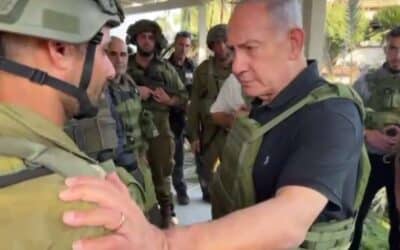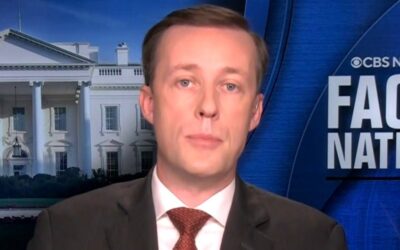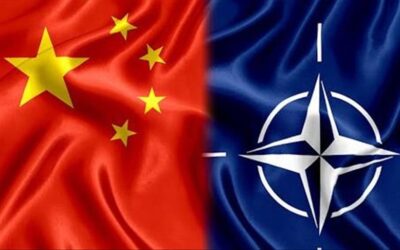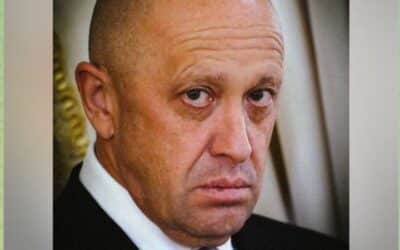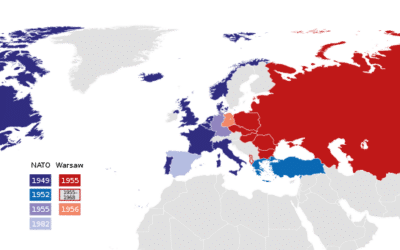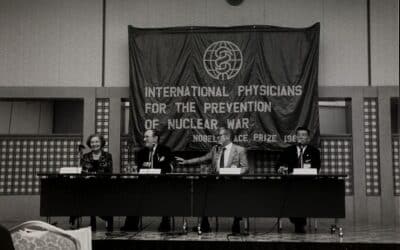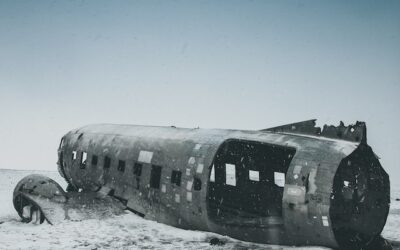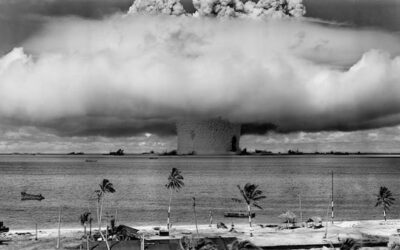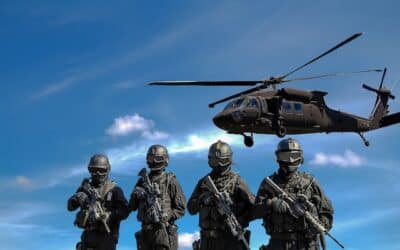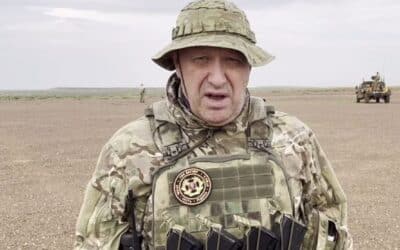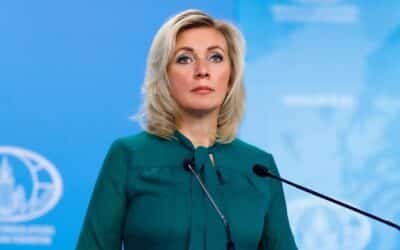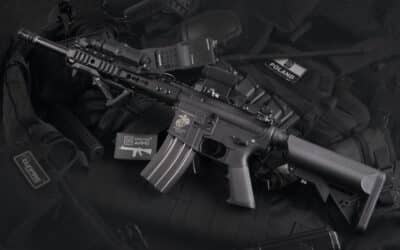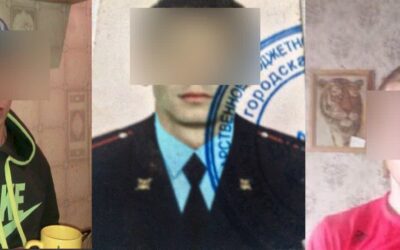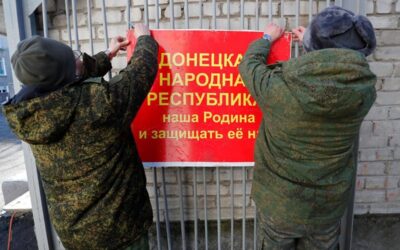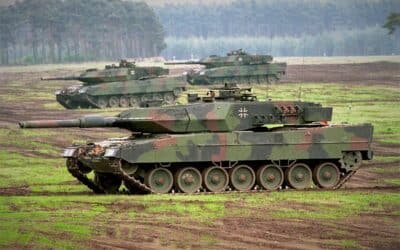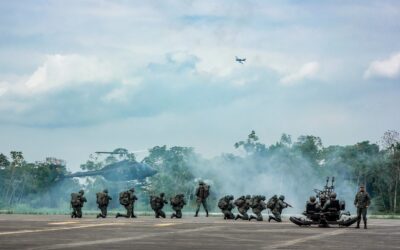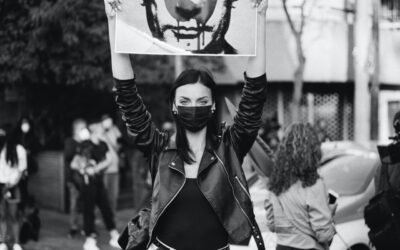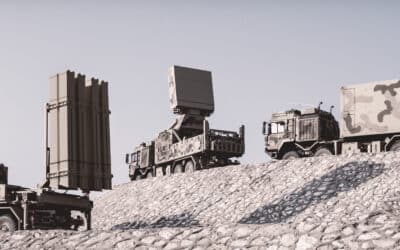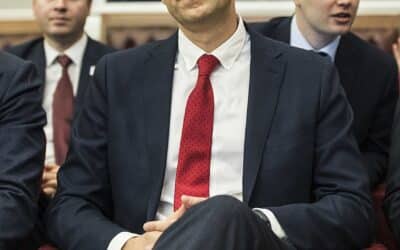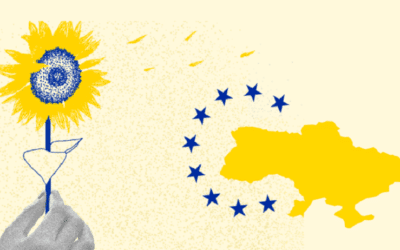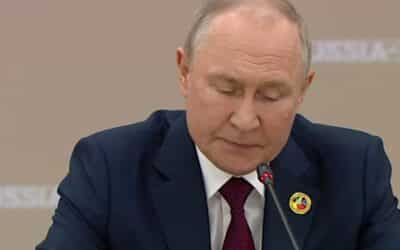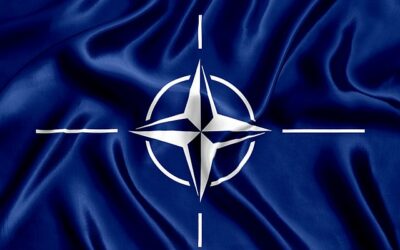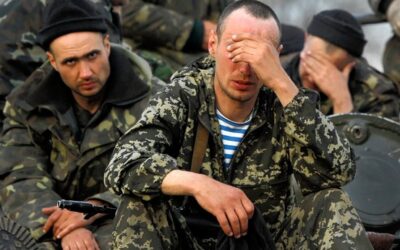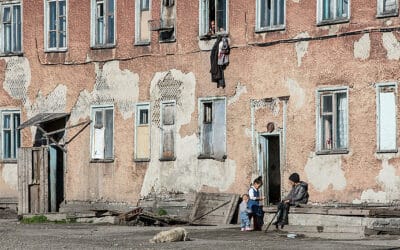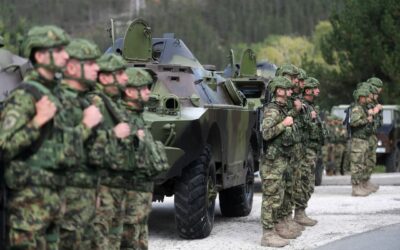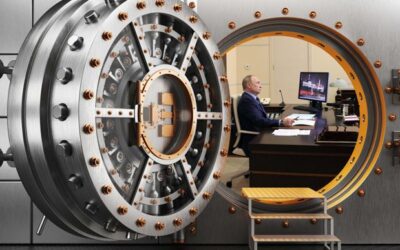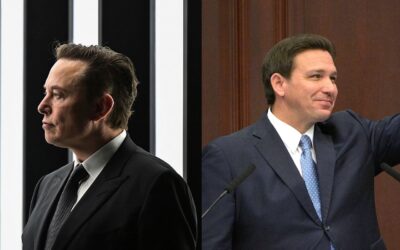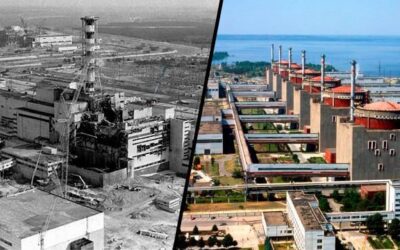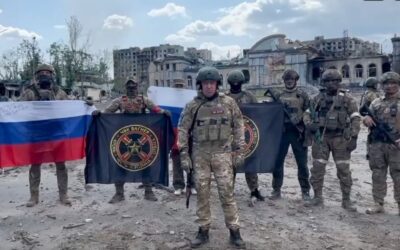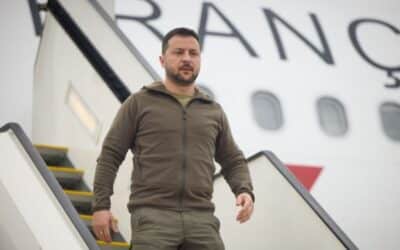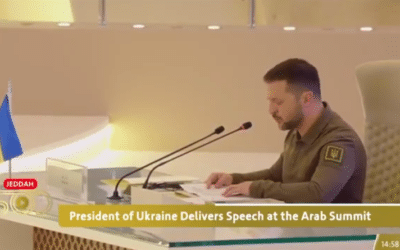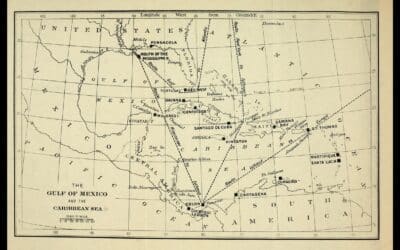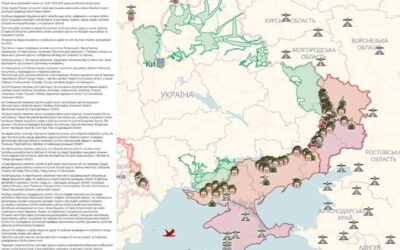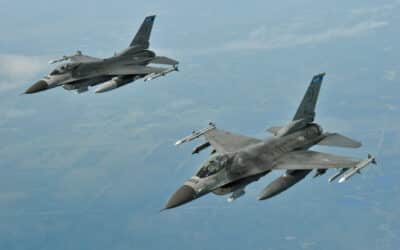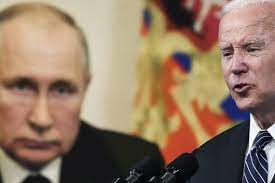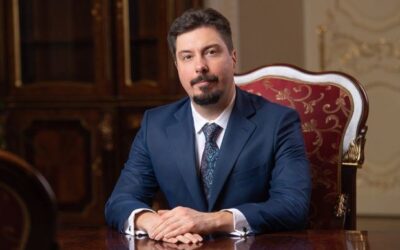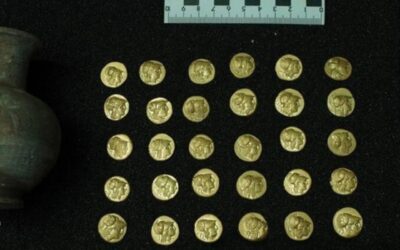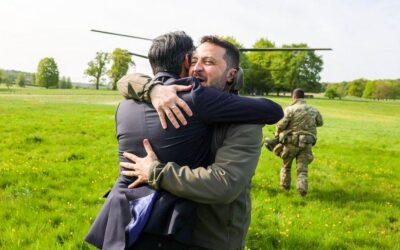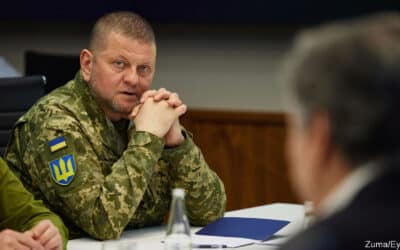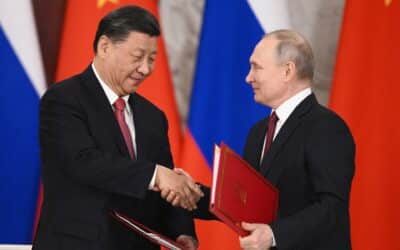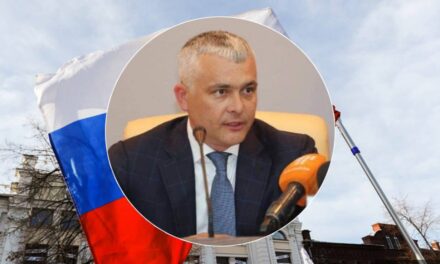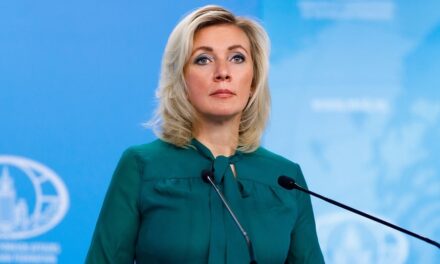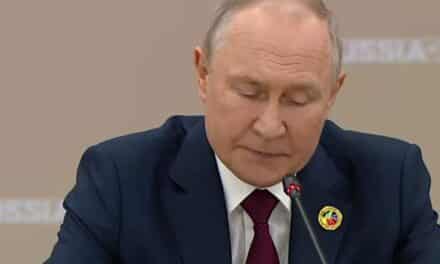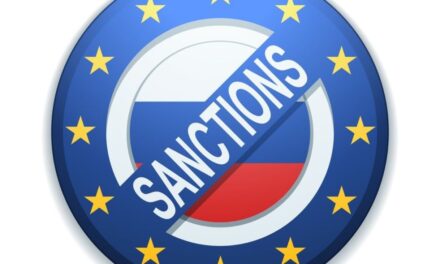“How Putin came to hate Ukraine and decided on war” – an investigation by Verstka.
Important points:
- Initially, the Kremlin bet on Yanukovych, who they called “our son of a bitch”. Russia planned to cozy up to Ukraine, as they did with Belarus, and dissuade Europe from “flirting” with Ukraine.
- Putin’s attitude towards Ukraine deteriorated along with his relationship with the West. He also believed that the United States was controlling the country.
- As of January 2014, he had no intention of annexing Crimea. The decision was made spontaneously after the overthrow of Yanukovych’s regime and the failure of the idea to split Ukraine with a center in Kharkiv due to Kernes’ refusal.
- Putin decided to annex Crimea specifically on the night of February 22-23, after Yanukovych fled from Kharkiv.
- Putin did not personally initiate the separation of Donbas but was an idea of the FSB.
- The Minsk agreements were also partly made by Putin. If they had been implemented, they would have served as a model for the entire restructuring of Ukraine.
- After Zelensky’s presidential election, he tried to “negotiate with Moscow like a human being,” while Putin wanted to impose a “Minsk” benefit to Russia.
- In 2019, at a meeting in Paris, Putin hoped for the “surrender of Ukraine,” but this did not happen, and Zelensky even mocked him. This was their last meeting.
- The “last straw” for Putin was the closure of Medvedchuk’s TV channels promoting pro-Russian activity in Ukraine.
- The decision to prepare for war was made in late February-early March 2021, a year before the war.
- Kovalchuk convinced him that the West was weak, while Medvedchuk claimed that Ukraine was vulnerable and loyal.
Source: verstka.media
New Philosophy
source: verstka
Along with the change in Putin’s attitude towards the West, internal stories also influenced him. During and after the protests of 2012, Putin began to spend more time alone with books of a certain kind. Conversations began circulating among those close to the Kremlin that Putin was increasingly sitting in archives.
A former Kremlin political technologist says that around this time, a particular working group was even created in the presidential administration to select books and the necessary pages on a given topic for him.
Before the events in Bolotnaya, Putin became interested in the White Guard philosopher Ivan Ilyin.
After the failed protests, the Russian president began to delve much deeper into the texts of authors with views similar to Ilyin’s. He also liked the religious philosopher of the early 20th century, Vasily Rozanov, who was critical of liberals and intellectuals: “I find it better to stand as a policeman at the corner of two streets – more “civil,” more useful, more noble and corresponding to human dignity – than to sit … “behind an intellectual breakfast” and boastfully discuss how “everything is bad with us” and how “we are good,” righteous, honest and “ready to suffer for the truth” …”.
Ilyin, in turn, did not have any reverence for Ukraine as an independent state at all. “Ukraine is recognized as the most threatened part of Russia in terms of separation and conquest,” the philosopher wrote in the Congress of White Emigres resolution in 1938. – Ukrainian separatism is an artificial phenomenon devoid of natural grounds. It arose from the ambition of leaders and international conqueror intrigue.”
Quotes from speeches by Ilyin, Rozanov, and other imperial-minded authors, including contemporary ones, appeared in Putin’s speeches publicly. A technologist familiar with the work of Russian nationalists, who had previously worked in the Kremlin, recognizes in the lessons of the Russian president the influence of moderate Russian nationalist Konstantin Krylov, author of an article on why Russians are constantly mistreated, and even Dmitry Galkovsky, who sees the origins of all Russian rebellions in foreign influence.
“He began to speak almost directly quoting them,” marvels a former Kremlin technologist with a rich past in the circle of moderate nationalists.
“In this pantheon of gods, everything is simply arranged,” says one of the former Kremlin technologists about the techniques. – Ukrainians with trickery, deceit, manipulation, and technology.
Western countries use trickery, deception, manipulation, and technology to grow anti-Russian sentiment among Ukrainians. They could not do so with the Old Believers but succeeded with the Ukrainians. They are the ideal Russians for enemies of Russia. And Ukraine as a state was created and built within the USSR, often at the expense of the Russian population.
Related Articles
10 Best Handguns for Self-Defense
When it comes to...
The Truth About Sanctions: Why Don’t They “Work”?
In 2022,...
History of Israel-Palestine Conflict
Israel and...
After the WAR initiated by HAMAS on October 7th, the Middle East will not be the same
On the -th of...
The Israeli army is prepared for an offensive on the Gaza Strip, involving attacks from “air, sea, and land.”
The IDF (Israel...
War in Israel: Current Developments – Video
Rafah...
Russia vs USA: Who Would Win in a Potential War?
In the...
NATO vs China: Who Would Win in a Potential War?
In the realm of...
11 Best Assault Rifles in the World
Welcome to a world...
Yevgeny Prigozhin (Wagner founder) is dead
According...
What You Need to Know About Joining NATO
Has any country...
Terrifying Realities of a Potential Nuclear War
The Devastating...
What to Do in Case of a Nuclear Attack
What to Do in Case...
11 Strongest and Most Powerful Navies in the World
When it comes to...
The Most Powerful Nuclear Weapons
The sheer power...
Understanding the Nature of War – The Clash of Wills
War is the...
Ukrainian Defense Forces Celebrate One-Year Anniversary of Kherson Region Liberation
Around one year...
Prigozhin First Video Speech After Unsuccessful Uprising
Following a recent...
11 Best Sniper Rifles in the World
Important Factors...
What is Russia saying about the war in Ukraine, Episode 1
Did you ever...
13 Most Powerful Weapons in the World
Weapons of immense...
What is Happening in Russia, Episode 3
Welcome to the...
What is Happening in Russia, Episode 2
Have you ever...
10 Strongest Tanks in the World
Tanks represent...
10 Strongest Armies in the World
When it comes to...
Putin: We cannot stop the fire when they advance on us!
Putin ten...
10 Best Air Defence Systems in the World
Image:...
Alexei Navalny Letters From Prison
Image:...
Ukraine’s Struggle for Survival and Western Dependency
Ukraine has long...
What is Happening in Russia, Episode 1
Have you ever...
10 Strongest Fighter Jets in the World
Image:...
10 Strongest NATO Members
Image:...
Mobilized Soldiers Expose Dire Conditions and Neglect in Deployment to Luhansk
source:...
Why is everything so poor and sad in Russia?
Image:...
Tensions Escalate in Northern Kosovo as Serbian President Mobilizes Army
Image:...
Putin’s Russia and the Need for a Fresh Security Approach in Europe
Image:...
DeSantis Declares Presidential Bid with Elon Musk
Image:...
Russian military personnel shelled the Zaporizhia Nuclear Power Plant
Image:...
Prigozhin Revelations The Truth Behind the Capture of Bakhmut
Image:...
President Zelensky Visit G7 Turning Point in Russia-Ukraine War
Image:...
Turning a Blind Eye No More: Zelensky’s Bold Stand Against Crimean Annexation
Unfortunately,...
Navigating the Fluidity of War and Geography: Insights and Strategies
War is Geography:...
Latest Updates on Russian Invaders’ Activities in Occupied Territories
Russian Invaders...
US Denies Ukrainian Pilots Training on F-16 Fighter Jets
Complexities of...
West Strong Support for Ukraine’s Recovery and Containment of Russia
Kremlin's Failed...
Ukraine Supreme Court Chairman Confronts Allegations of Blatant Bribery
Vsevolod Knyazev...
Gold Coin Treasure from Alexander the Great Era found in Annexed Crimea
Crimea's Hidden...
Rishi Sunak Hails Zelenskyy as a Modern-Day Churchill
Volodymyr...
The Moral Factor in War: Ukraine’s Key to Victory
"We were actively...
The West’s Triumph in the New Cold War: Technology of Freedom Wins Out
The Chinese leader...
